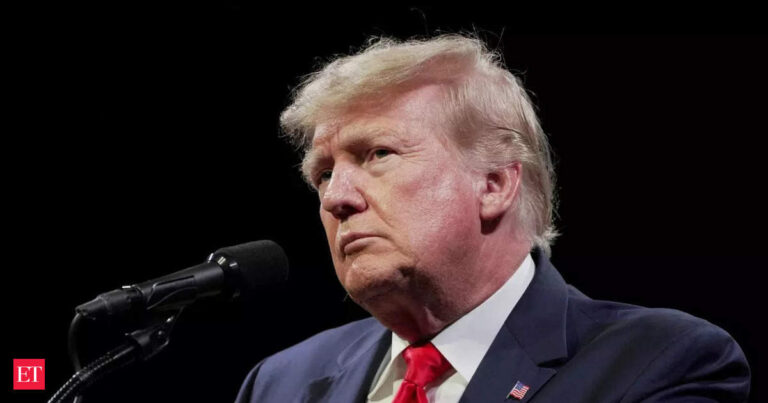They said India needs to prioritize AI (artificial intelligence) strategies that promise to transform trade logistics and supply chain management and reshape traditional trade patterns.
“AI is rapidly emerging as a key vehicle for future trade. AI-driven digital transformation will not only facilitate trade in services, but also enable entirely new categories of AI, from self-driving cars to robotics. It also has the potential to create tradable products that leverage the power of technology and beyond,” said Deepu Kapuria, trade expert and chairman of Hitech Gears.
He said that although geopolitical tensions are beyond the private sector’s influence, companies in developing countries will respond to the growing need to meet sustainability parameters, both environmentally and socially. He said there is a need to invest resources.
“As companies integrate into GVCs (global value chains), new laws such as the EU Corporate Sustainability Due Diligence Directive make it a legal requirement to ensure supply chains are sustainable. It is also important to comply with sustainability indicators,” Capria said.
SK Saraf, Mumbai-based exporter and founder-chairman of Technocraft Industries, said the domestic industry needs to invest heavily in new-age technologies to become more competitive and tap opportunities. He said there is. “Exporters will need to look for ways to increase their exports to the United States, as the imposition of high tariffs on Chinese products by the United States presents a huge opportunity for exporters,” Saraf said. President-elect Trump has promised to impose even higher tariffs on countries such as China.
Capria said the U.S. approach is sure to invite retaliatory action and could cause significant disruption to global supply chains, trade and FDI flows.
“After years of shock, first the COVID-19 pandemic, then the Russia-Ukraine war, and then the crisis in the Middle East, countries across the continent are reevaluating international trade relationships and their own economic situation. We are seeking to engage with new partners in line with “national security concerns,” he added.
Capria also said that geopolitical changes and an increased emphasis on sustainability are forcing countries to align their long-term trade goals with global trends and take policy measures to ensure coherence between trade and environmental goals. He said it was necessary to take steps.
Economic powers like the EU rely on trade agreements to advance sustainability agendas in partner countries.
Ashwani Kumar, president of the Federation of Indian Export Organizations (FIEO), said there is a need for an accredited body to measure carbon emissions from domestic manufacturing practices.
“We have requested certain foreign institutions to cooperate in this direction as the EU measures will impose serious challenges on Indian exporters,” Kumar added.


